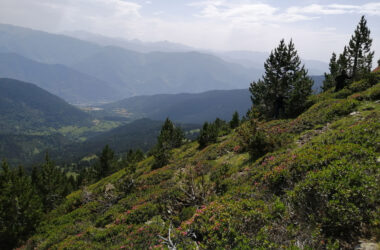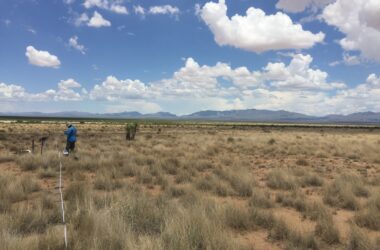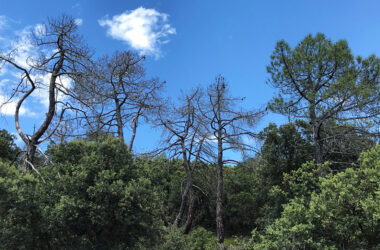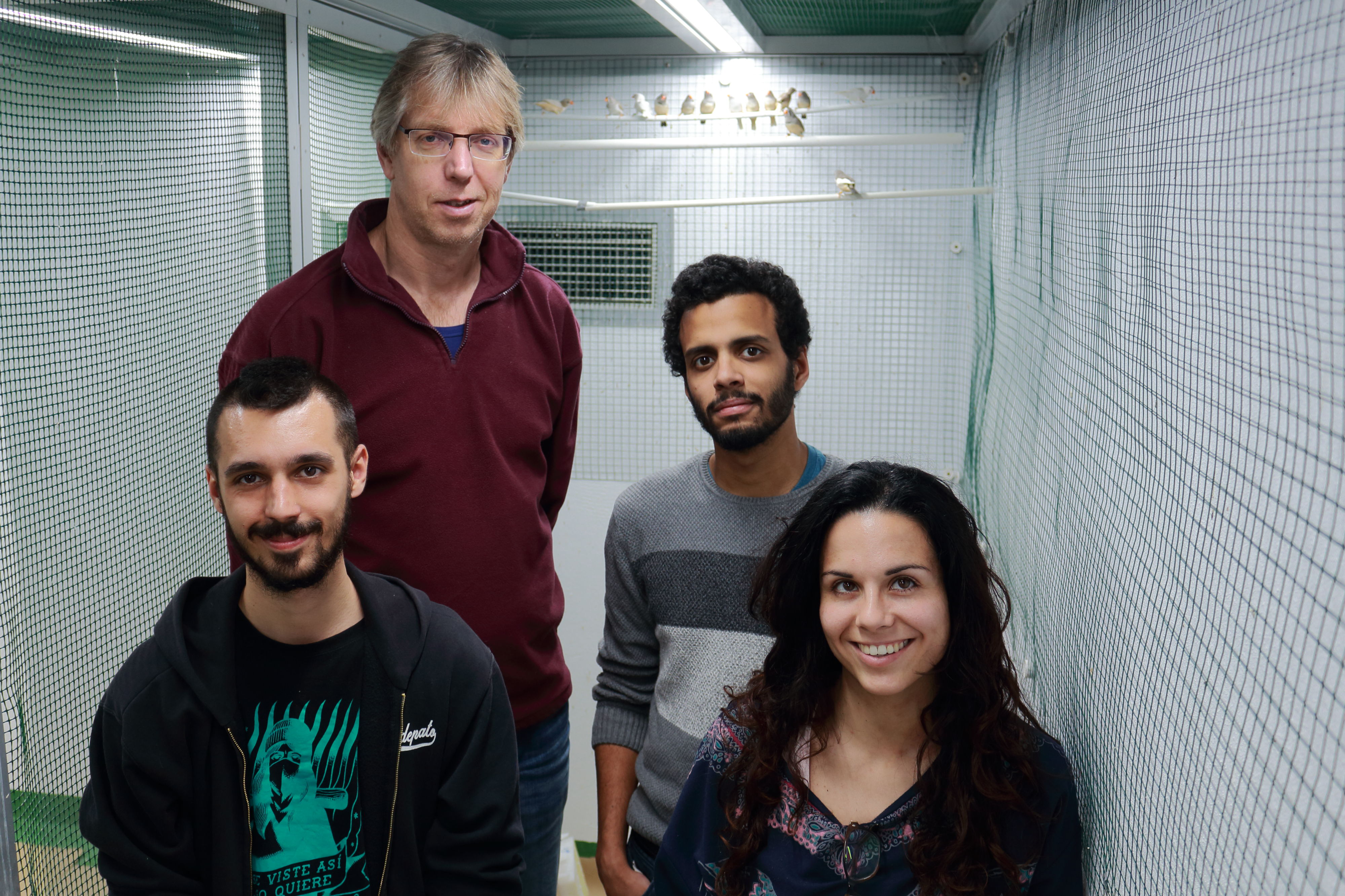This novel study lead by the Pyrenean Institute of Ecology (IPE-CSIC) and University Pablo de Olavide (UPO) in Spain, in collaboration with 22 institutions around the world has evidenced that trees growing at the upper or poleward forest limits, named treelines, showed growth enhancements coupled with temperature rise since 1980. The growing season length in these ecosystems is limited by[Leer más…]
Etiqueta: Ecology
New insights into the changes in ecosystem structure and function as ecosystems develops wordwide
A research team led by the Pablo de Olavide University investigated the changes in the structure and function of terrestrial ecosystem during millions of years of ecosystem development. The study published by Nature Communications advances our knowledge of the natural history of terrestrial ecosystems, and resolves one of the major unsettled questions in ecology: What are the major drivers of ecosystem structure and function at the global scale?
Spain forests demonstrate their ability to resilience despite the increase of severe droughts
A study led by the researchers from the IPE-CSIC and the UPO, in collaboration with 16 Spanish institutions, has proved that Spain forests have been able to recover its growth promptly while facing the increase of severe droughts during the last 30 years. Most of the 16 tree species analysed in 567 Spain forests recovered growth rates after a severe drought in an average period of two years. The work led by Antonio Gazol, an IPE-CSIC researcher, has been recently published under the title Drought legacies are short, prevail in dry conifer forests and depend on growth variability in the Journal of Ecology.
How can living beings improve their success?
Researchers Pim Edelaar at Pablo de Olavide University (Seville, Spain) and Daniel Bolnick at the University of Connecticut (USA) have developed a classification of the different ways that living beings can improve their success in relation to their environment. This theoretical framework is a conceptual tool that helps to understand and contemplate the total range of options that an organism has to relate to its environment, recognizing all the processes that may be relevant in the real world (such as in the fields of Biology, Medicine, Sociology and Economics). «Many times some processes are overlooked, but all are necessary to better understand what is happening or think of what could be done,» explains Pim Edelaar. The results have been published in Trends in Ecology and Evolution, the most important journal in the areas of Ecology and Evolution.






